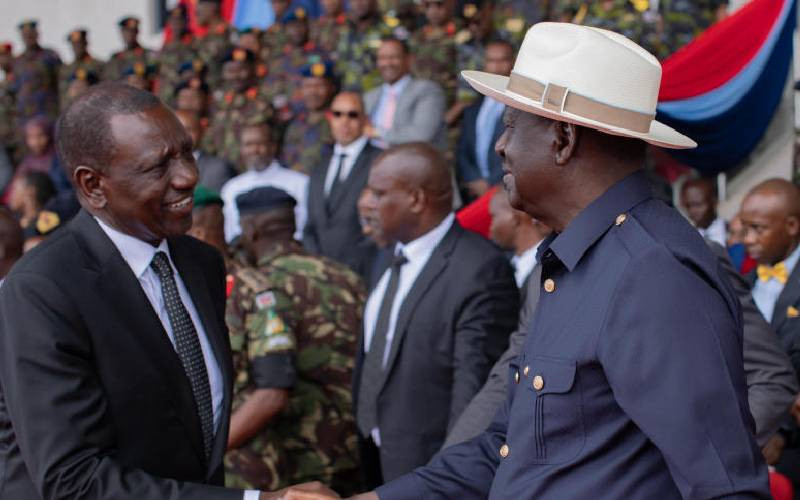
After two months of Gen-Z driven, subsequently goon-infiltrated, public protests that began with rejection of Finance Bill 2024, the question on observers' minds - within and outside Kenya - is if President William Ruto's Broad-Based Government (BBG) finally gets down to delivering the socio-economic turnaround and transformation he sold to Kenyans while on his 2022 campaign trail.
There is a second question we cannot forget given violent official responses to initially peaceful, then chaotic, protests: clear political and police accountability for brutality, abductions and killings which happened during this two month period. Lest we forget, the violence experienced in 2023 gave us National Dialogue Committee (NADCO).